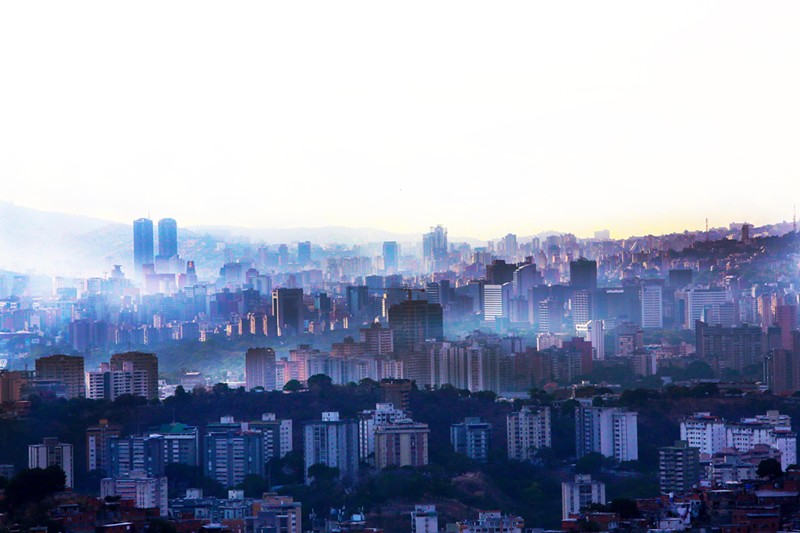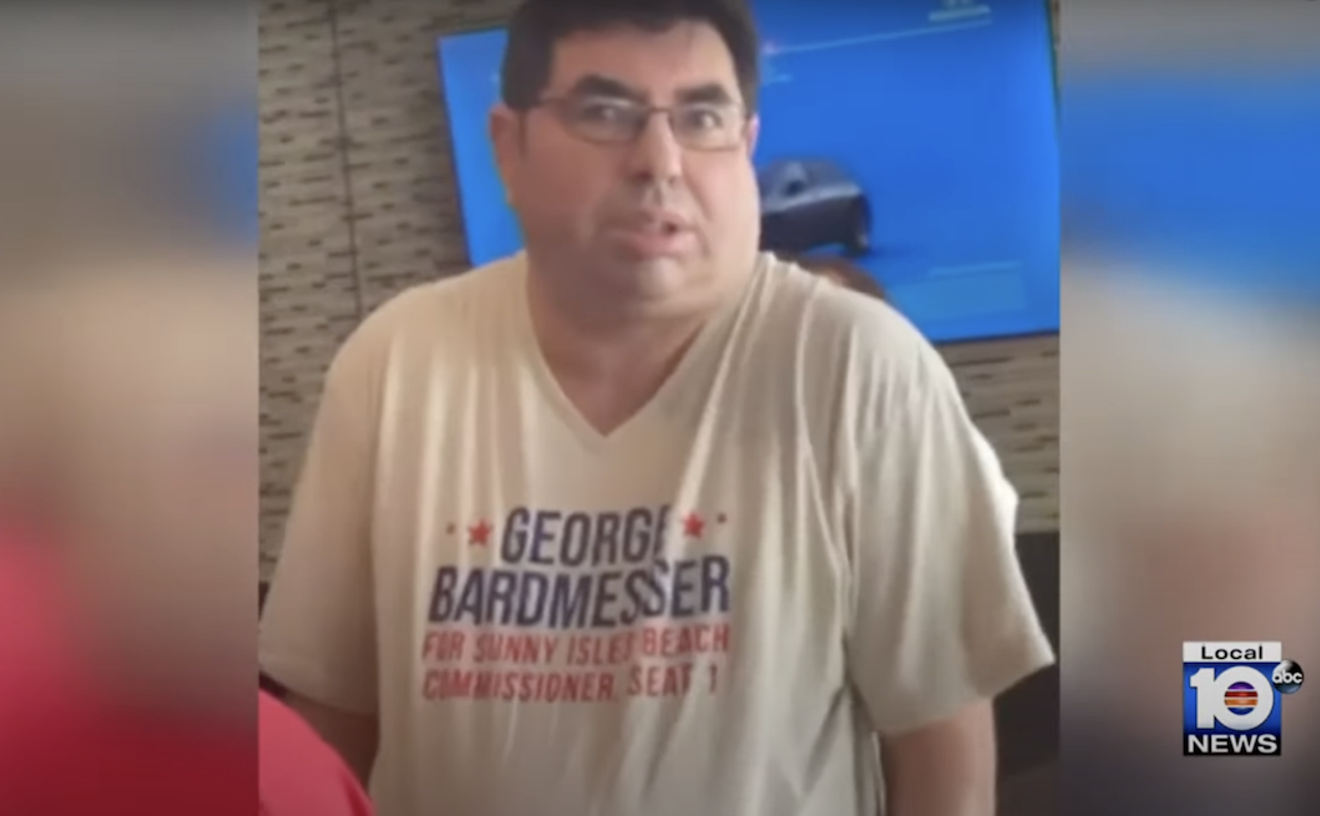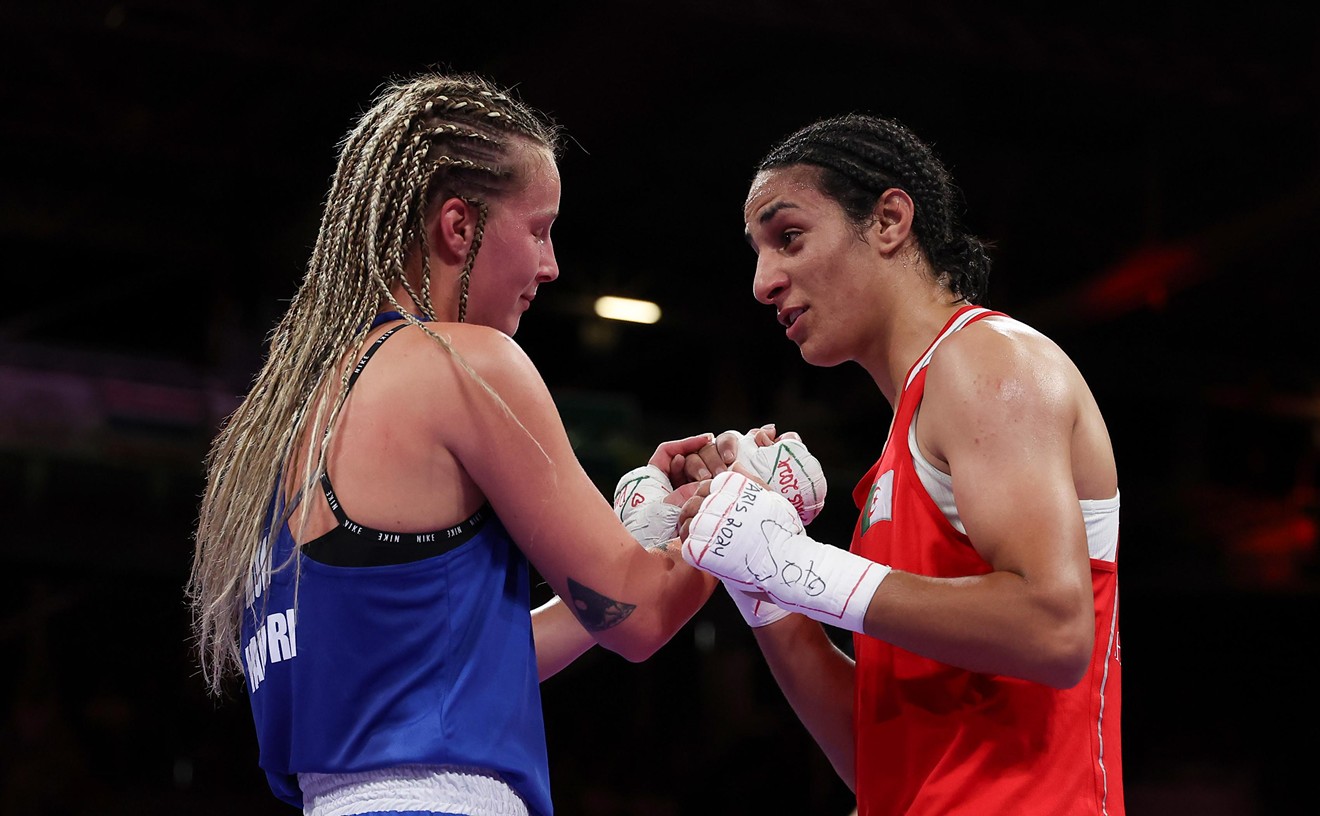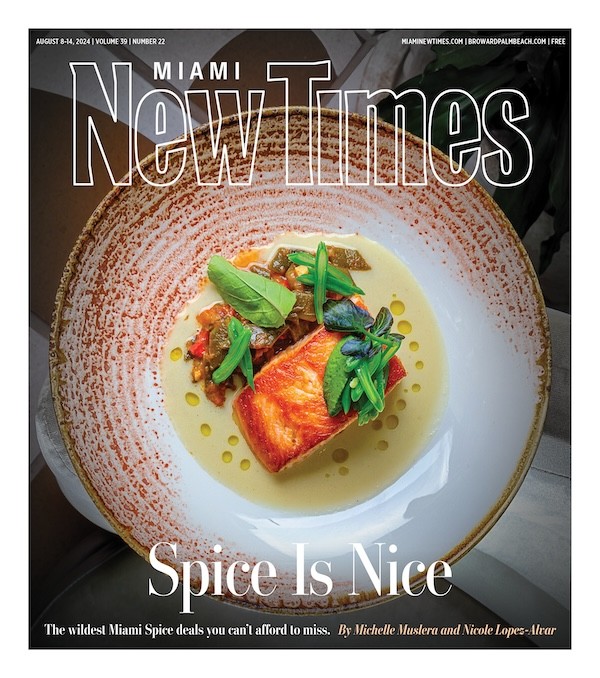But if you ask former president Donald Trump about the nation's capital, Caracas, which has long been known for its high crime rates, he has a slightly different take.
"Now, it's very safe," Trump declared. "It’s safer than many of our cities."
On Monday, Trump sat down at his home in Mar-a-Lago for an interview with controversial streamer Adin Ross. During the 90-minute interview, Ross asked Trump a series of questions about current events — including one about his thoughts on the current situation in Venezuela, where tensions are continuing to boil after President Nicolás Maduro, who has been in power since 2013, claimed victory in the July 28 presidential election despite evidence that his opponent won by a large margin.Q: What do you think about what’s going on in Venezuela?
— Kamala HQ (@KamalaHQ) August 5, 2024
Trump: It’s being run by a dictator. And it’s very safe. It’s safer than many of our cities pic.twitter.com/hJq9649pfB
"What do you think about what’s going on in Venezuela?" Ross asked Trump.
"I know it very well," Trump replied. "Venezuela is right now being run by a dictator. We're enemies with Venezuela. Venezuela was going to collapse and people could have gone back to Venezuela. They're in our country now."
He continued: "If you look at Caracas, it was known for being a very dangerous city and now it's very safe. In fact, the next interview we do, we'll do it in Caracas, Venezuela, because it's safer than many of our cities."
"I'm down," Ross responded.
While Trump quickly clarified that he was joking about his suggestion about going to Venezuela, he said he believes the country, and particularly its capital, are "safer" because "they've taken their criminal elements" and "moved them into the United States."
Well, is it? And if so, is the trend attributable to mass offloading of criminals into the U.S.?
Though it appears crime may be trending down in Venezuela, experts have said this has nothing to do with "sending criminals to the U.S," according to PolitiFact and FactCheck.org. The FBI also acknowledged that although some Venezuelan criminals have migrated to the U.S., nothing indicates that they were purposefully released from prison to come here.
This isn't the first time Trump has made this unfounded claim.
On April 2, at a rally in Green Bay, Wisconsin, Trump claimed that crime is down in Venezuela "by 67 percent because they're taking their gangs and their criminals and depositing them very nicely into the United States."
Because the Venezuelan government doesn't publish reliable data, it's hard to pin down crime statistics in Venezuela. According to Spanish-language news agency EFE, it's been roughly a decade since Venezuela's government last published numbers on murders or robberies in the country.
Estimates from the Homicide Monitor place the murder rate in Caracas among the highest in the world.












